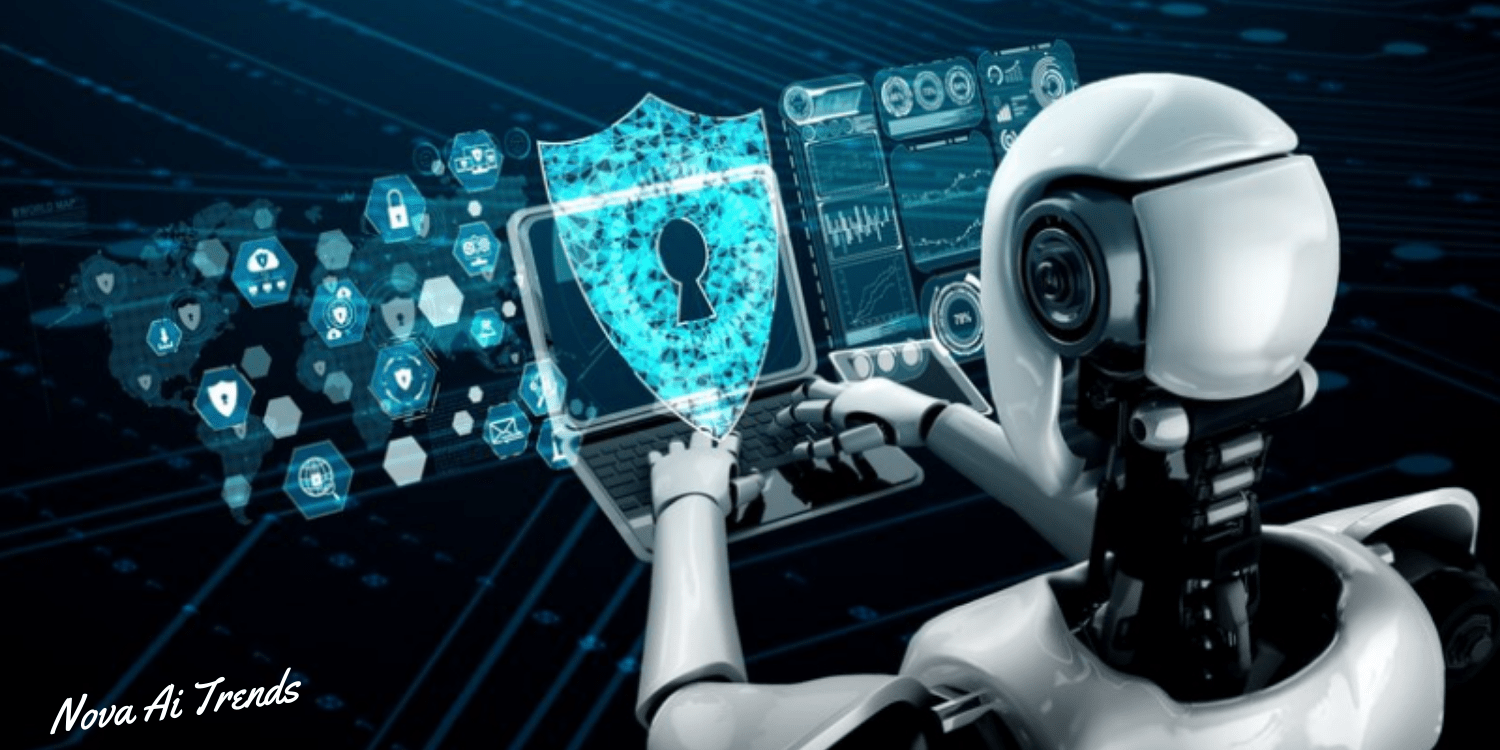AI vs. Aliens: Our Ultimate Cybersecurity Weapon?
In the immense span of the universe, the chance of experiencing extraterrestrial knowledge has long caught the creative mind of humanity. While such experiences stay speculative, the appearance of artificial intelligence (AI) has brought up fascinating issues about how AI could act as humankind’s definitive online protection weapon even with possible outsider dangers. Additionally, this article investigates the convergence of AI and the speculative situation of an experience with aliens. Furthermore, it delves into the abilities, restrictions, and moral contemplations encompassing artificial intelligence’s job in shielding humankind against extraterrestrial dangers.
AI From Fiction to Reality
Transitioning from its origins in science fiction, AI has become a fundamental aspect of our daily lives. It permeates modern society. From remote helpers like Siri and Alexa to refined machine learning algorithms driving proposal frameworks, AI pervades modern culture. Additionally, independent vehicles showcase their omnipresence. With its ability to analyze immense measures of information and perceive designs, AI has turned into a useful asset in cybersecurity.
All the while, the possibility of extraterrestrial life has intrigued scientists, pragmatists, and storytellers for a seriously lengthy timespan. Despite the elusive evidence of alien presence, the sheer vastness of the universe suggests that the possibility cannot be ignored. In case of a nearby experience with extraterrestrial knowledge, humanity would defy exceptional difficulties, including potential cybersecurity dangers presented by cutting-edge alien technologies.
AI vs. Aliens: A Hypothetical Confrontation
Consider a situation where Earth catches a sign from an advanced alien development. While the intent behind the communication remains ambiguous, the prospect of a hostile encounter prompts humanity to consider all available defenses. This includes harnessing the power of AI. In such a circumstance, AI could satisfy a few basic jobs in improving cybersecurity against expected alien threats:
- Detection and Analysis: Artificial intelligence-fueled observation frameworks could scour the universe for strange signs or exercises demonstrative of outsider presence. Through high-level calculations, AI can sift through vast datasets, including radio transmissions and telescope perceptions. It distinguishes possible dangers or behavior patterns.
- Adaptive Defense Mechanisms: AI-driven cybersecurity frameworks could powerfully acclimate to advancing outsider procedures or innovations. Continuously learning from incoming data and threat patterns, artificial intelligence could deploy countermeasures against alien incursions. For instance, it could block unauthorized access to critical infrastructure.

- Communication and Translation: If correspondence with aliens becomes possible, AI could act as a mediator by constantly interpreting and translating alien languages or correspondence conventions. By combining conventional language processing with deep learning, AI could effectively decipher complex alien languages and convey human messages.
- Strategic Planning and Decision-Making: In case of a showdown with alien forces, artificial intelligence could help human forerunners in concocting vital reactions and organizing safeguard endeavors. By simulating various scenarios and predicting outcomes, AI frameworks could optimize asset distribution and strategic maneuvers for favorable results.
Challenges and Limitations
While the expected advantages are significant, the possibility of artificial intelligence supporting humanity’s protection against alien threats also entails challenges. Additionally, moral considerations must be carefully weighed.
- AI Bias and Errors: AI systems are not safe from inclinations or mistakes, especially when faced with extraordinary circumstances like outsider experiences. Predispositions in the information or algorithmic direction could prompt wrong evaluations or reactions, possibly worsening as opposed to relieving dangers.
 Unintended Consequences: The arrangement of AI in cybersecurity safeguards against outsiders could yield potentially negative results, including accidental heightening or confusion of alien intentions. Human oversight and moral protections are basic to keep AI from hurting more than great in high-stakes situations.
Unintended Consequences: The arrangement of AI in cybersecurity safeguards against outsiders could yield potentially negative results, including accidental heightening or confusion of alien intentions. Human oversight and moral protections are basic to keep AI from hurting more than great in high-stakes situations.- Ethical Dilemmas: The utilization of AI in defense against outsider dangers raises complex moral quandaries, including inquiries of independence, responsibility, and the possible weaponization of AI against extraterrestrial creatures. It is critical to lay out clear rules and moral systems overseeing the utilization of AI in interstellar struggles to limit hurt and advance capable direction.
- Technological Dependence: Overreliance on AI for cybersecurity defense against aliens could incite a misguided sensation that all is well and good and lessen human carefulness and vital reasoning. Finding a balance between leveraging AI’s capabilities and preserving human agency is crucial. This ensures effective responses to unpredictable threats.
Conclusion
The speculative situation of AI vs. aliens offers a convincing investigation of humankind’s journey for cybersecurity notwithstanding likely extraterrestrial experiences. While AI holds promise as a potent tool for identifying and analyzing potential alien threats, its deployment entails complex considerations. As AI innovation advances and humankind explores the universe, it is crucial to approach the intersection of AI and alien encounters with mindfulness. With foreknowledge and a commitment to ethical stewardship, we navigate uncharted territories responsibly.
Ultimately, the question of whether artificial intelligence can emerge as humanity’s definitive cybersecurity weapon against aliens remains uncertain. It awaits future scientific discoveries and ethical deliberations. As humanity ventures into the unfamiliar realms of interstellar conflicts, it must grapple with the potential of AI. However, it should do so while upholding moral standards and a sense of responsibility. Through meticulous dedication, we can navigate the challenges and opportunities at the intersection of AI and the cosmos. Only then can we truly explore their complexities.




 Unintended Consequences:
Unintended Consequences: 




